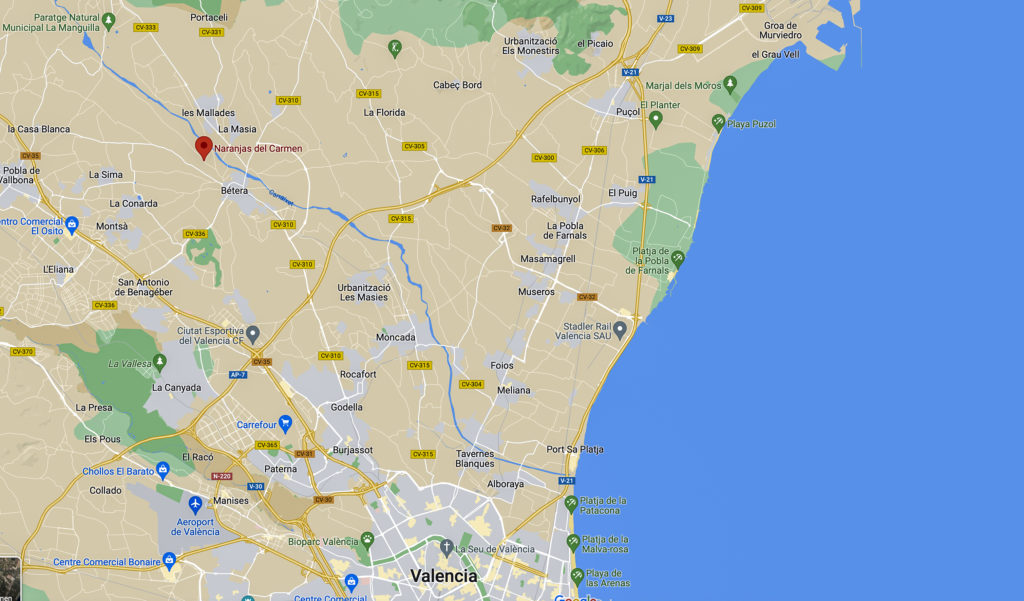

Regenerative Manifesto
This manifesto has been written by the Masia el Carmen team to serve as a guide when defining the agricultural plans for our farms: El Carmen, Campillo de Julia and Verger de Alicia.

As farmers, it is of vital importance we become aware that our farming practices have direct consequences on the health of the people we feed and on the fertility of our soils.
Consequently, our great challenge as farmers is to produce organic food for a growing population while ensuring that we are regenerating the natural resources we use during cultivation.
We will integrate agricultural, livestock and forestry techniques, being aware that the regulation of regenerative practices is yet to be defined and that the effectiveness of some methods is yet to be demonstrated. We will have to make up for their absence with experience, common sense and discussions with other pioneer farmers in regenerative agriculture.

The 10 principles by which we abide, considering the diversity of our farms in terms of crops, environment and climatology, are:
- Soil is a living and symbiotic ecosystemand it is fundamental for the success of our crops. We focus on establishing rhizospheres (the soils closest part to the tree roots) that promotes soil formation and increases its content of organic material, minerals and microbiology. This last one is essential to catalyze soil formation and nourish our crops.
- If possible, we always avoid tilling the soil and we keep vegetation coversto preserve the microbiological biodiversity, flora and fauna of the soil. Only in exceptional situations, as when the soil is compacted or unstructured, we till the land.
- We minimize the use of heavy machineryto avoid soil compaction and maintain soil integrity.
- Weintegrate livestock on our farms as a tool to revitalize the soil and the environment. The presence of livestock allows us to recover native microbiology, increase biodiversity and allows us to obtain essential organic fertilizers. In addition, our cattle are grazing in the surrounding natural parks, which helps to prevent the proliferation of fires in our Mediterranean forests.
- The main fertilizer we use is compostmade from the manure of the cattle that graze on our farms (it is also the only fertilizer we use on our almond and olive trees).
- We use water harvesting techniquesto combat drought, prevent erosion and increase the pollinator population. In our area it is very common to have torrential rains that release large amounts of water in a short period of time. By excavating in the areas where water currents are naturally created, we are able to slow down their speed and introduce them into the soil.
- We repair stone banks, irrigation ditches and other historic structuresto keep them in good condition and restore their utility.
- We obtain energy from solar panels and windmillsinstalled on our land.
- We share data and results from the experiences with the scientific communityand support students in their dissertation work in order to measure the effectiveness of regenerative practices
- We train our field teamsso that they can understand the reasons behind their actions and become involved in the regenerative philosophy of our company.
By remaining loyal to these principles, we want to improve the natural environment and combat climate change, while obtaining ecological and regenerative food.
